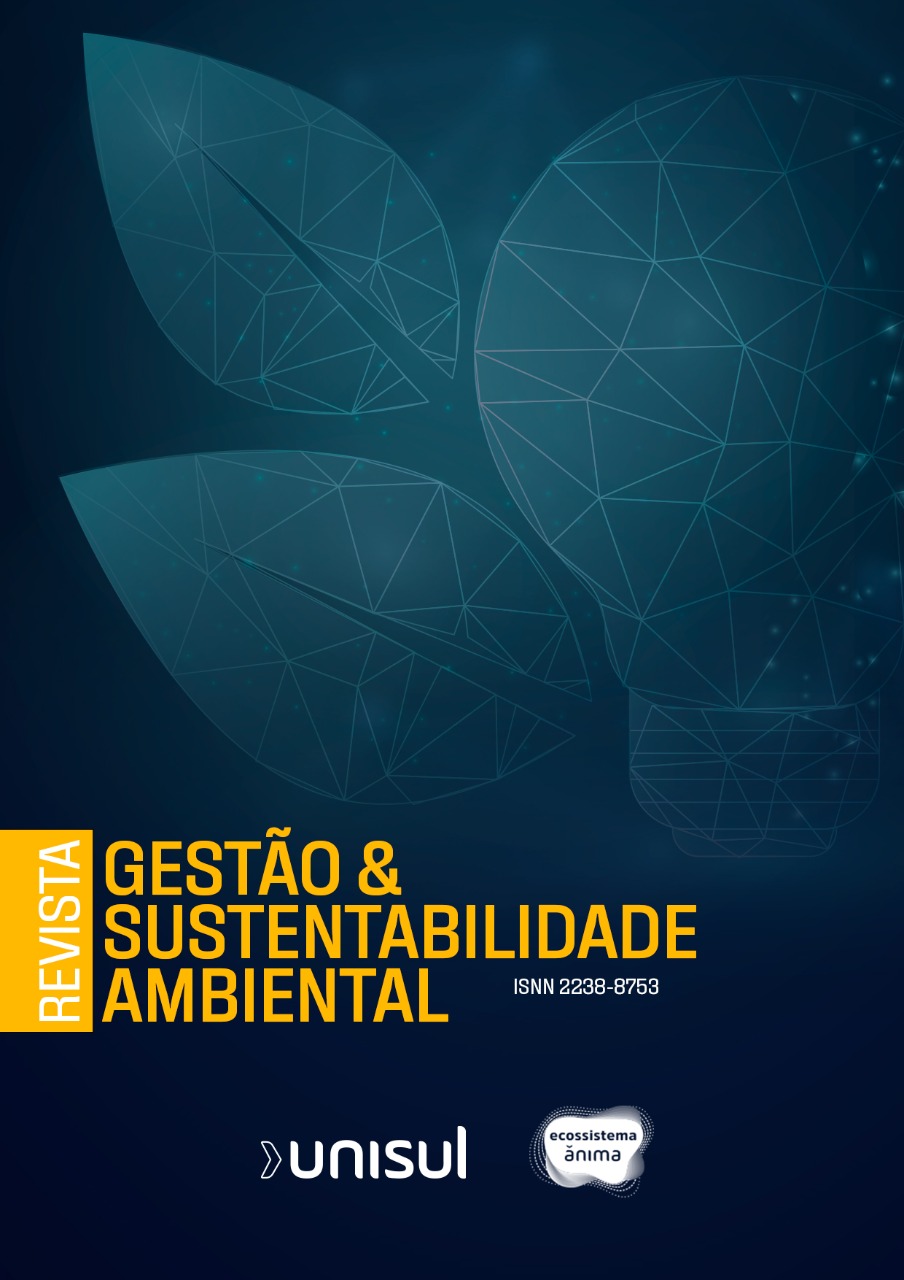URBAN SUSTAINABILITY IN THE TAPAJÓS INTEGRATION REGION: AN ANALYSIS FOR THE YEARS 2000 AND 2010
DOI:
https://doi.org/10.59306/rgsa.v11e4202293-113Keywords:
Urban sustainability, Indicators;, Tapajos RegionAbstract
The present study aims to investigate and analyze the levels of urban sustainability in the municipalities belonging to the Integration Region (RI) of Tapajós- Pará, for the years 2000 and 2010, and the main advances and setbacks related to sustainability in the region. RI Tapajós is made up of six municipalities: Aveiro, Itaituba, Jacareacanga, Novo Progresso, Rurópolis and Trairão. This urban formation of the region took place from numerous economic, political and social actors over time, which provided development to the municipalities, however, caused conflicts of various orders. The study was carried out through the application of the Urban Sustainability Index System (SISU), an analysis system based on the use of indicators and variables, which comprises: Municipal Human Development Index (IDHM), the Political Capacity Index - (ICP) and the Environmental Quality Index (IQA). In a general scenario of sustainability for this region, as for the IDHM, all municipalities showed an evolution in their indexes. For the ICP, all municipalities also showed increases in their values. As for the IQA, a reduction in the rates of Novo Progresso and Rurópolis is observed, due to an increase in automotive pressure, domestic consumption and a reduction in the rates of vegetation cover in these municipalities. In general, it is identified in the indicators of the three indexes, advances achieved by the municipalities between the studied period, however, setbacks that constitute challenges, and that need to be studied and better managed in order to achieve sustainable development in the region.
Downloads
Published
Issue
Section
License

O trabalho Revista Gestão & Sustentabilidade Ambiental foi licenciado com uma Licença Creative Commons - Atribuição - NãoComercial - CompartilhaIgual 3.0 Brasil.
Com base no trabalho disponível em www.portaldeperiodicos.unisul.br.








